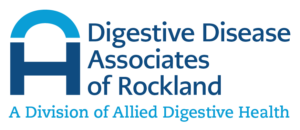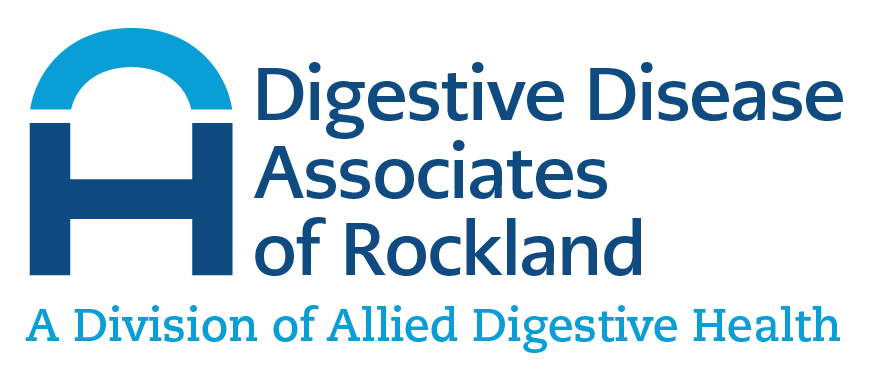What is SpyGlass Cholangioscopy?
SpyGlass Cholangioscopy is an innovative medical procedure used for diagnosing and treating various conditions of the bile ducts. This state-of-the-art technique allows doctors to visualize and examine the inside of the bile ducts directly using a small, flexible endoscope.
How Does SpyGlass Cholangioscopy Work?
During a SpyGlass Cholangioscopy procedure, a small, fiber-optic endoscope is inserted into the bile ducts through the mouth and guided to the area of interest. The endoscope contains a tiny camera that transmits high-quality images of the bile ducts to a monitor for the doctor to view in real time.
Indications for SpyGlass Cholangioscopy
SpyGlass Cholangioscopy can be used for various diagnostic and therapeutic purposes. Some of the most common indications include:
- Suspected bile duct stones or strictures
- Evaluation of abnormal tissue growth in the bile ducts
- Diagnosis and treatment of biliary tract diseases, such as primary sclerosing cholangitis or primary biliary cholangitis
- Assessment of post-operative complications following gallbladder or liver surgery
- Confirmation of suspected bile duct leaks or obstructions
- Identification and removal of foreign objects in the bile ducts
Advantages of SpyGlass Cholangioscopy
Compared to traditional approaches, such as Magnetic Resonance Cholangiopancreatography (MRCP) or Endoscopic Retrograde Cholangiopancreatography (ERCP), SpyGlass Cholangioscopy has several advantages, including:
- Direct visualization of the bile ducts allows for more accurate diagnosis and targeted treatment
- Real-time imaging provides immediate feedback to the doctor, allowing for on-the-spot decisions and adjustments
- Ability to take biopsies or retrieve samples for further analysis during the procedure
- Minimally invasive with less risk of complications and shorter recovery time
Risks and Limitations of SpyGlass Cholangioscopy
As with any medical procedure, there are potential risks and limitations associated with SpyGlass Cholangioscopy. Some of these include:
- Possible discomfort or side effects from sedatives used during the procedure
- Risk of infection, bleeding, or perforation of the bile ducts
- Limited accessibility to certain areas of the bile ducts, depending on their size and shape
- In some cases, additional procedures or interventions may be required for complete diagnosis and treatment
SpyGlass Cholangioscopy is a valuable tool in the diagnosis and management of various biliary tract conditions. Its advanced imaging capabilities and minimally invasive nature make it a preferred option for many patients.
However, it is essential to consult with a qualified medical professional to determine if this procedure is suitable for your specific case.

